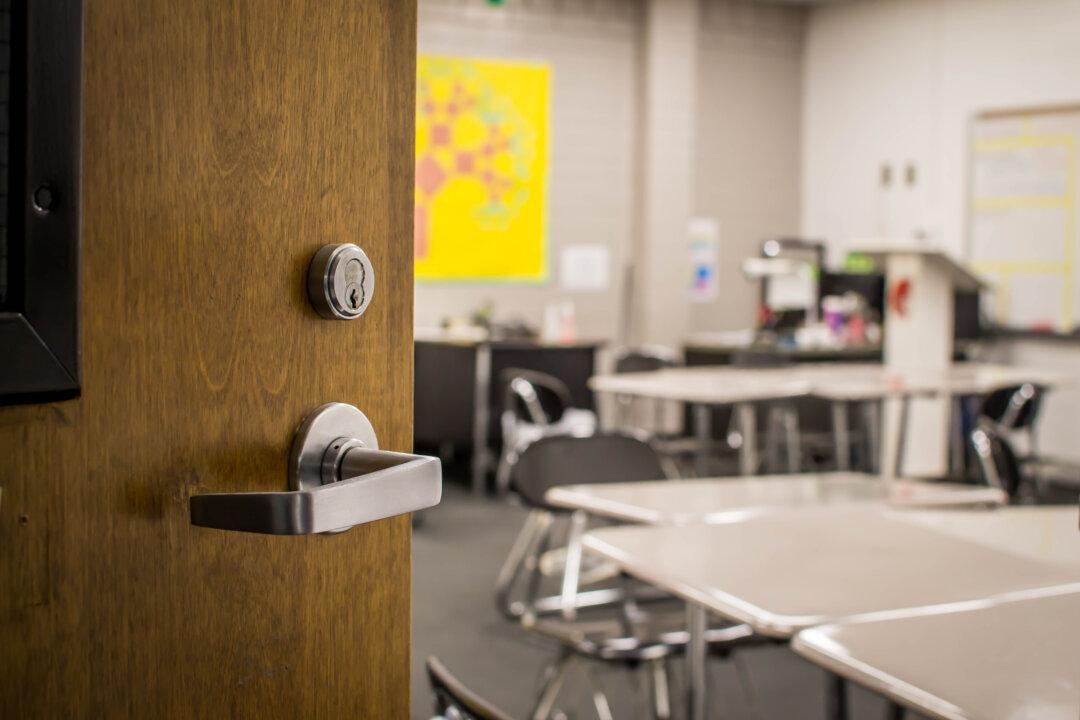Over 20 years after the initial study, researchers still find that parents in Arizona have the most freedom in choosing what education is best for their children, compared to parents in the rest of the United States.
In 2000, the pro-school choice think tank Manhattan Institute created the Educational Freedom Index (EFI) to measure how much educational freedom parents in each of 50 U.S. states possessed at that time.





